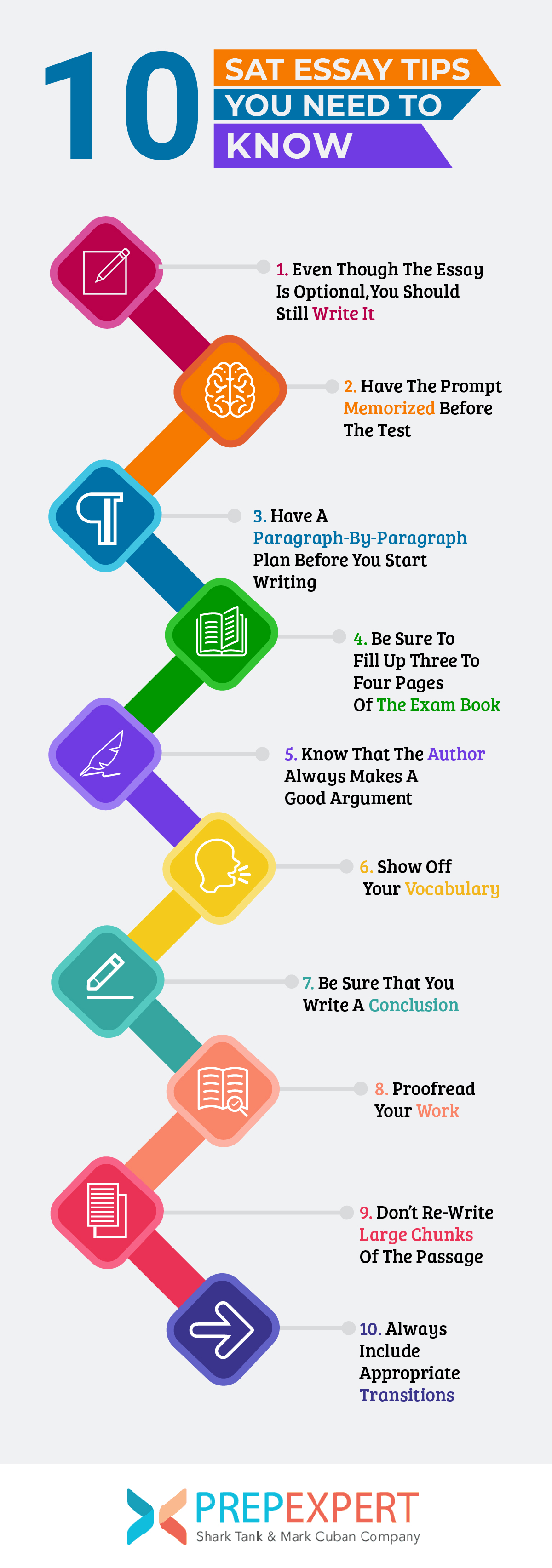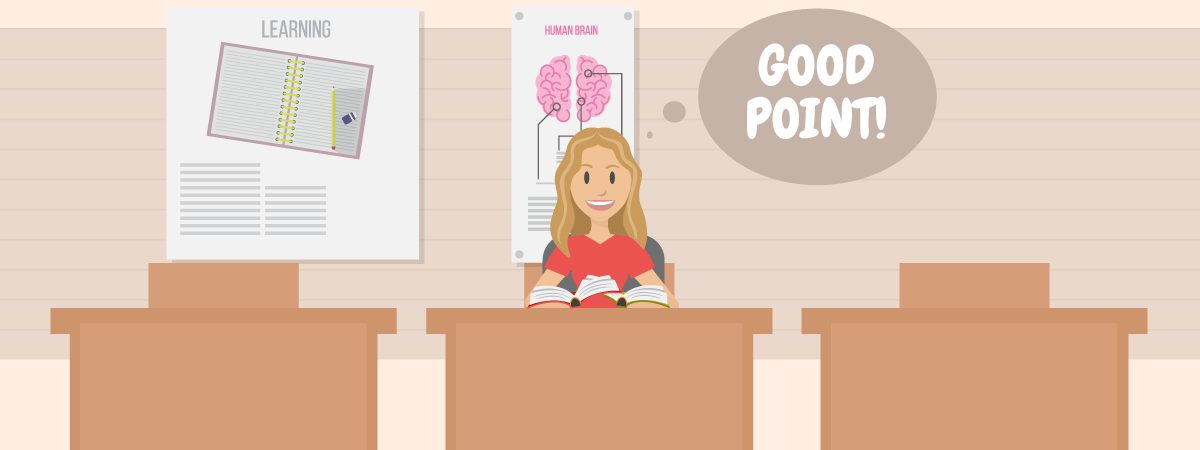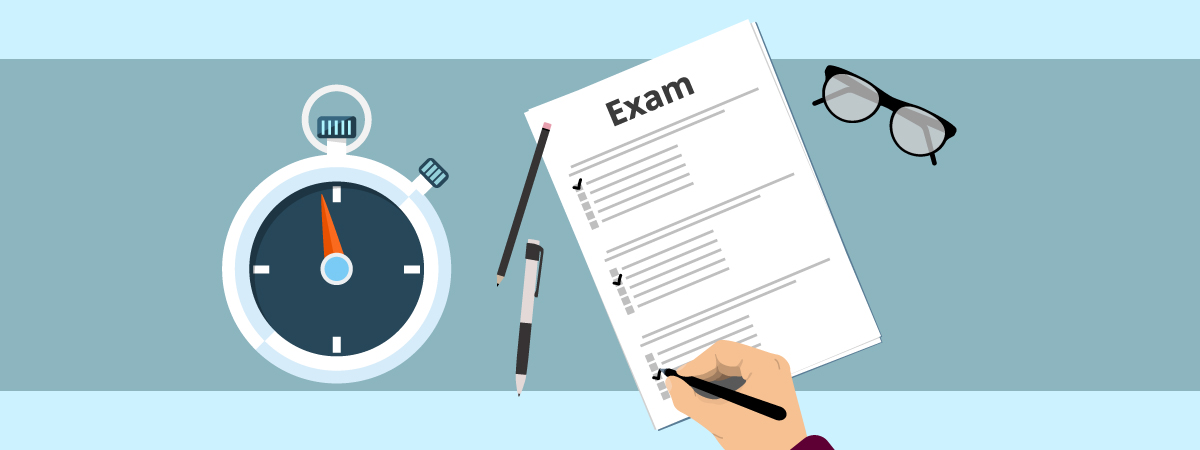10 SAT Essay Tips You Need To Know
The Essay portion of the exam can be the most tedious, due to it being optional.
Despite being optional, the Essay is still a crucial part of the SAT, and we can provide you the proper tips to get you the best possible score on it, should you choose to tackle it.
Give us a call or check out SAT Prep Course to get you the desired score you’re looking for.
[sat_one]


Even Though The Essay Is Optional, You Should Still Write It
Most competitive schools will want you to have an essay score.
I know what you’re thinking: after the hard slog of four exam sections, why would I want to further torture myself by sitting for another 40 minutes to write the optional SAT Essay? While the temptation to leave may be strong, stay put and write the essay.
You’ll be glad you did when application time rolls around. This is because almost all competitive colleges and universities will require you to have taken the SAT Essay section. They do this for many reasons, from wanting to see what your writing is like, to judging the English level of international and English as Second Language applicants.
Even if you happen to know that the school you’re applying for doesn’t require an essay score, take it anyway. If you change your mind later on down the road and do apply to schools that require the essay, you’ll be required to take the entire SAT all over again in order to complete the essay.
Simply taking the essay on its own isn’t allowed. Remember that if you do the SAT Essay correctly, you won’t have to take it again, even if you decide you want to re-take other parts of the test.

Have The Prompt Memorized Before The Test
It’ll save you more time to devote to your writing.
The SAT Essay prompt is rather lengthy, taking almost as long as an entire Reading Test passage to read. However, exam after the exam, the prompt is exactly the same.
[leadmagnet_five]
If you take care to memorize the prompt and familiarize yourself with all of its requirements when doing practice tests, then you won’t have to re-read it on the day of the exam, freeing up time to write.

Have A Paragraph-By-Paragraph Plan Before You Start Writing
By having a set plan on your writing prior to starting the test,
you’re able to spend more time on other focuses
Before you start writing your essay, make sure that you have a rough outline of the five paragraphs—introduction, body paragraphs, and conclusion. This will ensure you always know what you need to write next, so you can be sure you make appropriate points and include appropriate transitions.
There’s nothing worse than getting to the middle of an essay and then developing a nasty case of writer’s block; this problem is time-consuming and wastes precious time that could be used at the end of the process to proofreading your work.
Your outline doesn’t have to be too detailed—it’s just an outline, after all. You’ll want to have a thesis developed, as well as three points in support of the thesis, with supporting examples.

Be Sure To Fill Up Three To Four Pages Of The Exam Book
Graders will equate length with quality—longer essays score more points.
An unfortunate reality of the SAT Essay grading process is that the people who will be reading your essay will have only two or three minutes to look at and score your essay. This means that they have to rely on relatively superficial criteria to come up with a score, one of which is the length.
Studies have shown that students who fill up three to four pages of their exam book score the most points. So, even if you’re an economical and concise writer who can make excellent points in two pages, make sure you write enough to fill up those three to four pages.
Since graders don’t have time to read even a two-page essay in full, they’re going to assume that a student who wrote only two pages didn’t have enough of an argument, and they’ll dock points. Of course, when filling up these pages, don’t write so quickly that your handwriting becomes sloppy, and the graders can’t read what you wrote.
Sloppy handwriting is a big pet peeve of the graders, and you will lose points if they struggle to read what you wrote. For students whose handwriting is very neat but also very tiny, I encourage you to write in larger print, so that you don’t have to come up with a lot of additional content to fill up your pages.

Know That The Author Always Makes A Good Argument
There’s no need to go on a witch hunt to find problems with the author’s reasoning.
The SAT Essay requires you to read a passage and then analyze the author’s argument-in other words, how well he or she defends the claim s/he’s made. All of the passages are taken from published materials—excerpts from newspapers, magazines or books—they are always well-written, and the arguments defended well.
Yet, some students as they’re writing the essay, feel compelled to find problems with the argument, lest they look like they didn’t cast a sufficiently critical eye on the work. Don’t worry about this, you don’t need to point out anything the author did wrong. You simply need to identify three different rhetorical tools the author uses in support of the main idea and provide examples of each tool.
This analysis is best done by reading the passage and circling or underlining, and then noting, rhetorical tools (authoritative sources or data being two examples). Then, devote one body paragraph to each. Your thesis can always be that the author does a sufficient job of defending his or her argument.

Show Off Your Vocabulary
Using a couple of elevated vocabulary words per paragraph will get you a higher score.
Your English teacher has probably (wisely) told you to only use advanced vocabulary words where necessary, in order to effectively and accurately convey a point. However, I advocate a slightly more liberal standard when writing the SAT Essay.
[sat_two]
Due to the factors that are used to judge your essay are so superficial, one way to guarantee a higher score is by using a few recognizable advanced vocabulary words per paragraph. When the grader sees you have used an advanced word, he or she will give you credit for your vocabulary as a part of your grade. If you only use elevated vocabulary words once or twice in the essay, then there’s a chance the grader won’t see them, and you won’t be awarded credit for your vocabulary.

Be Sure That You Write A Conclusion
Your essay must be five paragraphs, even if your conclusion paragraph is only one sentence.
Graders will want to see five paragraphs—introduction, three body paragraphs, and a conclusion—in your essay. If they don’t, they’ll dock you points. So, make sure you leave yourself enough time to write five paragraphs. Your conclusion doesn’t have to be particularly long; just make sure that you restate your thesis.
If you’re writing your third paragraph and are about to run out of time, then in lieu of writing a full third paragraph, go ahead and write a conclusion. Then, at the very least, you’ll have hit the requirement. There’s a chance that the grader won’t read your third paragraph in full anyway, so you might not lose points for skimping there, whereas you will lose points for sure if you don’t have a conclusion.

Proofread Your Work
You’ll end up catching a few mistakes that would have cost you.
Use the last few minutes of your allotted time to proofread your work, fixing errors in spelling, grammar, and logic. Even if you only catch a few mistakes, you’ll have increased your essay score.
A full one-third of your essay grade is related to the quality of your writing, and it’s by spotting errors that graders dock your points here. Don’t be sloppy when you correct your mistakes, either.
There’s no need to erase or scribble the mistake out. Just put a simple line through it, and write the correction above using a carrot (^), or next to the crossed-out word.

Don’t Re-Write Large Chunks Of The Passage
This makes it look like you didn’t have anything of your own to say.
You might need to quote the passage a few times throughout the course of your essay, and if you do, that’s fine. Just use quotation marks and provide a line citation after the quoted text. Although, take care not to use too many lines from the passage.
If you do, it will create the appearance that you didn’t have enough of your own material to write about, and the graders will dock your points. In order to avoid this predicament, paraphrase whenever you can, so that the overwhelming majority of the passage is written in your own words.

Always Include Appropriate Transitions
You need to have transition words in between ideas and paragraphs.
Use the appropriate conjunctions and transitional phrases in between sentences and paragraphs. Seamless transitions are a necessary component of the essay, in order to achieve the maximum grade.
If you have abrupt changes between paragraphs or ideas, you will lose points. So, review the different types of transition words before you take the exam—not only will this help you out on the SAT Writing section, it will also come in handy on this part of the test.
[sat_three]
For more test strategy, college admissions, and scholarship application tips sign up for our FREE class happening right now!
Written by Todd Marcus
More from Todd Marcus

Taking The ACT Junior Year
If you're ambitious and want to give yourself plenty of time for score improvement, then consider taking the ACT junior…

ACT 2020 Score Release Dates
Here then are the ACT 2020 score release dates to plan around, as well as, the different kinds of available…

How To Determine Your Average SAT Study Time
If you want a high score on the SAT, then you need to put in the hours. There's no way…